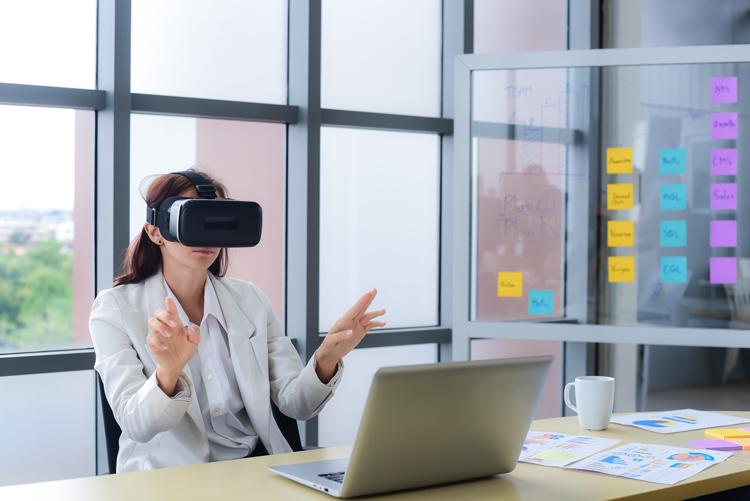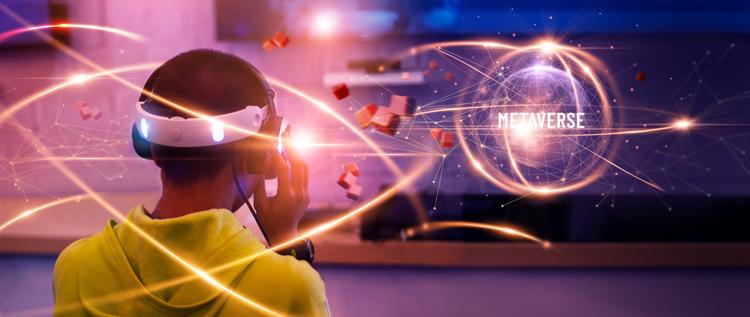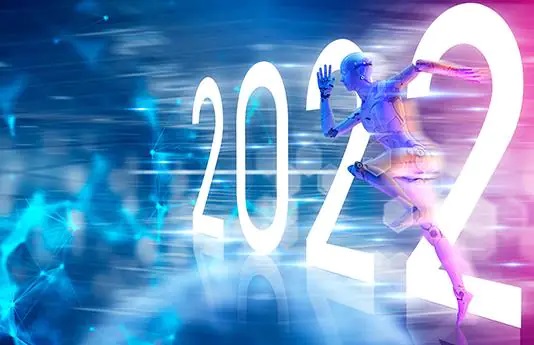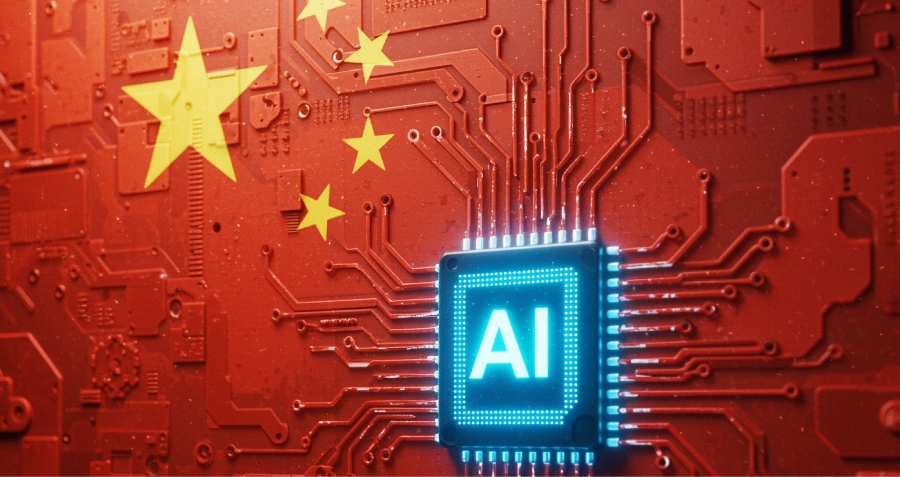It has been believed that the metaverse is the next step in the development of the internet. The term was coined in 1992 in Neal Stephenson’s novel Snow Crash. His concept of the metaverse was a digital universe which one could access via augmented and virtual reality. Although previously associated with sci-fi, the metaverse is rapidly becoming a business buzzword: many companies such as Facebook are now investing billions in infrastructure and the industry is attracting tech investors who are looking to turn that fiction into reality.

Facebook has recently rebranded itself as “Meta” and has labelled the metaverse as the “next chapter” of the internet, stating that it will provide a platform to engage in social, work and educational contexts. Roblox and Epic Games have already built online virtual worlds, which allows users to interact, play and make purchases in a digital world. Microsoft have made plans to include features of the metaverse in Microsoft Teams.

Currently it is a concept that is not yet clearly defined, but we could call it an alternative dimension which people will access through virtual reality headsets or through conventional personal computing or gaming. Users can carry out daily activities such as working, socializing and shopping in this new ‘reality’. It can be a digital space where goods can be created and exchanged. Non-fungible tokens (NTFs) are another aspect of the metaverse: these are unique digital assets which are built and sold on blockchains and give buyers the right to own the original digital asset.
CKGSB Associate Professor of Marketing, Li Yang, recently made an excellent speech about the metaverse, one which succinctly summarizes the subject. Here are some excerpts from his talk:
What is the metaverse? Is it wearing VR goggles, is it Facebook changing its name to Meta, is it reading Jin Yong’s Wuxia novels, playing Genshin impact, swiping through Tik-Tok or buying NFT’s? In fact, the concept of the metaverse is still not entirely clear. The metaverse can be defined in many ways, however one way to define it is to use the concept of time. There is no doubt that our lives are becoming more and more digitalized and virtualized. We are spending more time online every day, particularly recently during the COVID-19 pandemic.
Technology is constantly developing, whether it is digital twins, 5G, 6G or 7G networks, a renewed interest in cybernetics, artificial intelligence, machine learning, low-code development or the much-discussed decentralized Blockchain model, we are at a special point in time whereby many forms of digital high-tech are being developed, hence it is not a surprise that the concept of the metaverse has come in full flow.
To a certain extent, we have already seen many prototypes of the metaverse in the early days of the internet, such as Tencent’s QQ Show. Many years ago, it had a business model of advertising on social networks, however this was upgraded to a virtual commodity system where virtual products were sold online. QQ to a large extent incorporated elements of the metaverse in its model – it was virtual, belonging to the spiritual world, and it was purely based online; nonetheless it gave people a space to be creative, to express themselves, and it even had its own payment method via QQ coins, thereby creating this closed-loop ecological system of the metaverse.
The metaverse is like having a dream which one is able to create and control. When one speaks of the metaverse, the film Ready Player One is often talked about, however for me I think of Inception. In Inception the protagonist goes to a very poor area, where the people are living in miserable conditions, but the boss there takes a sedative and is able to creative a dream for them, where the poor become rich, the paralyzed walk, and they are constantly in a state of being awake. This to them, is a reality that is worth living in. Why is the metaverse such an attractive concept? I think it is to do with escapism. In life so many things leave us unsatisfied, and what dreams do is they provide effective escape. Before, dreams were random and uncontrollable, now people can be immersed in the metaverse and escape from reality, which I think adds an extra layer of attraction to the metaverse.
In addition to the increasing prevalence of the virtual world, there is the aspect of COVID-19. Besides being a public health event, the pandemic has been a watershed in the development of internet technology and internet culture. The author of Sapiens, Yuval Noah Harari, stated back in 2011 that when people decades from now look back on history, if they are looking back on a pandemic, they will not remember the pandemic itself, but rather they will remember that it was at that time that the world became entirely digitalized. Before the pandemic, there was a lot of skepticism about having meetings online, as well as moving other aspect of life online. But the pandemic has left us with no other option but to move our lives online. Hence, the pandemic has been a catalyst for our virtual lives.





















